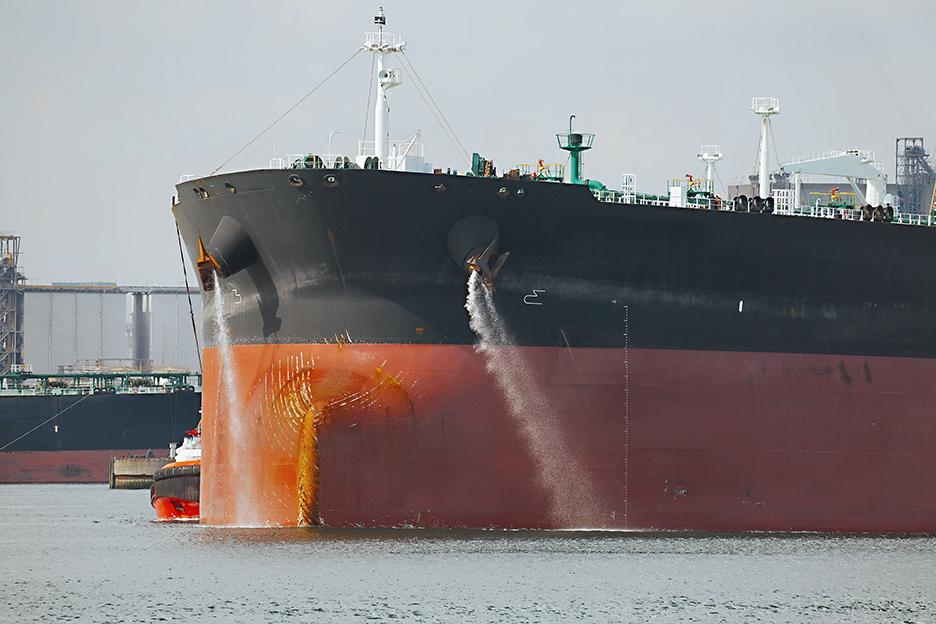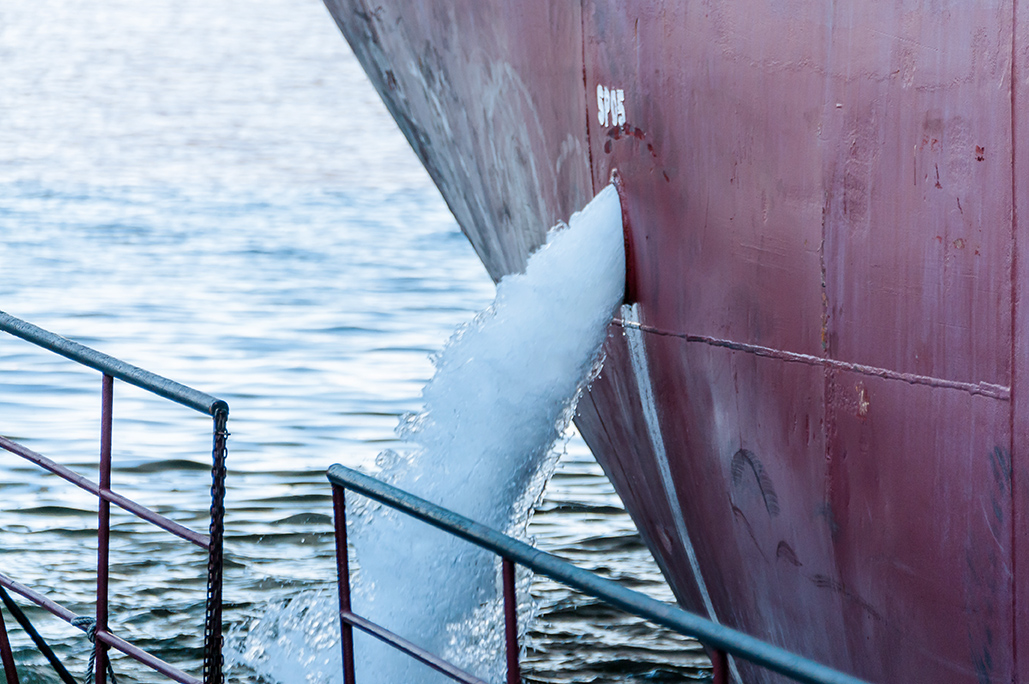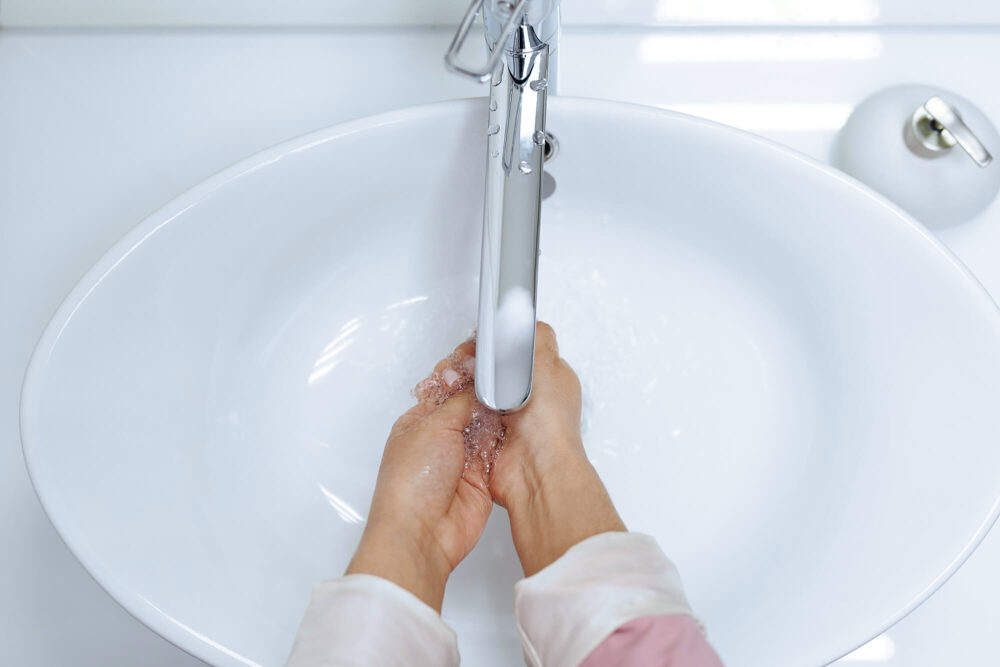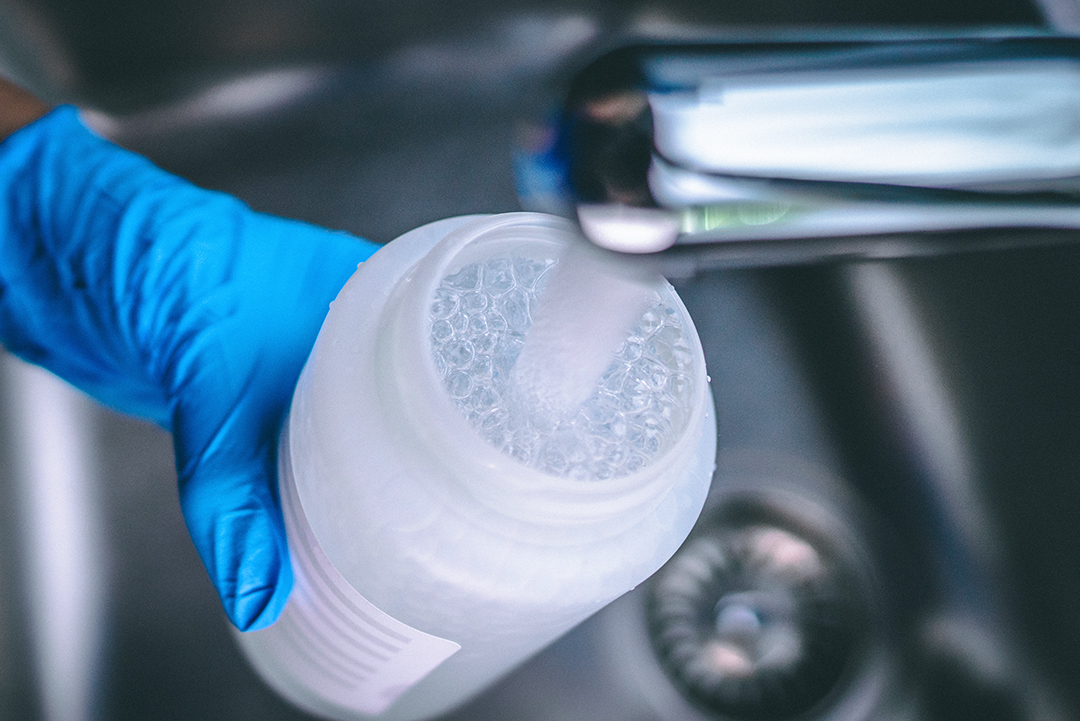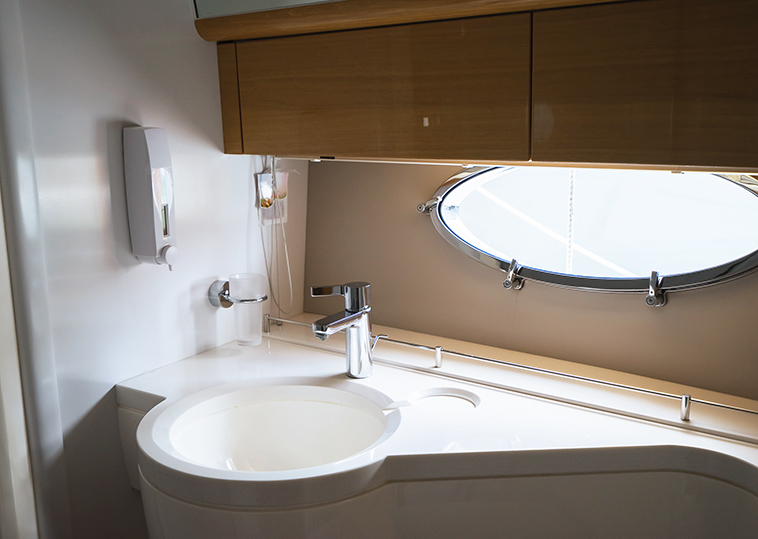Regulations
As a shipping company, your (water) installations on board must be compliant with various (international) guidelines. We list the most common guidelines and regulations for you below. The guidelines applicable to your situation depend on the territorial waters in which you are sailing or on how your ship(s) is (are) flagged.

